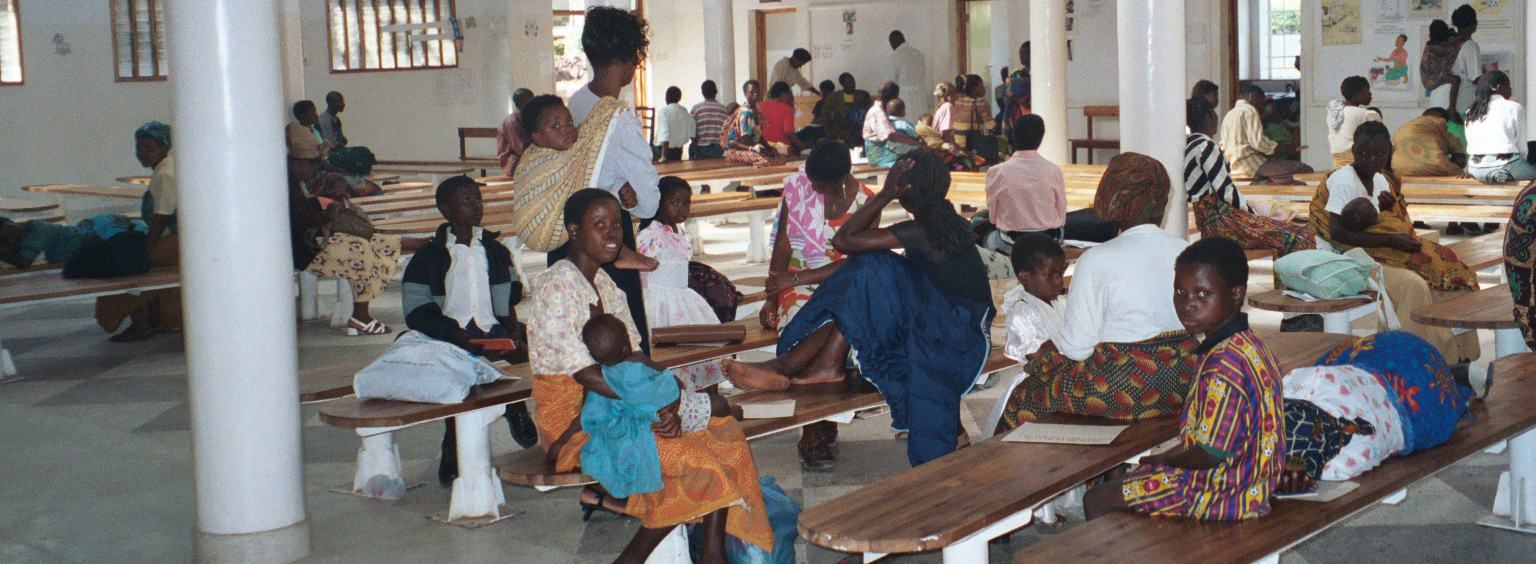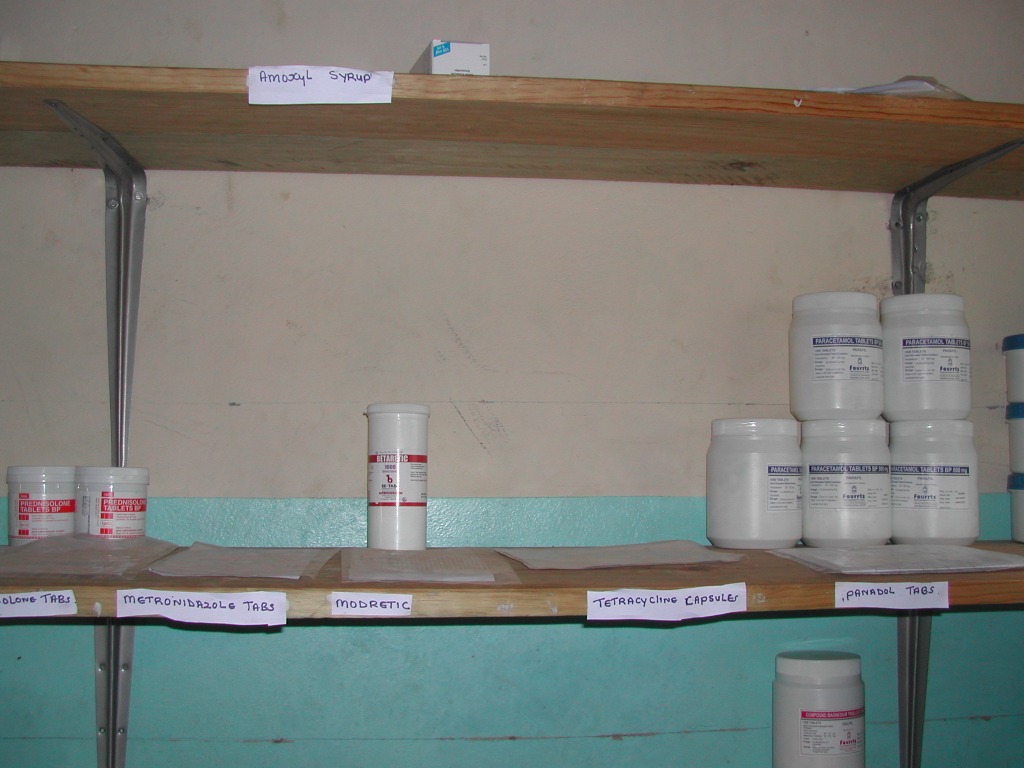Of the 9 million people who develop TB each year, around 3 million never reach a qualified doctor. Among those who do, many delay until the illness is more advanced. This has implications for both their own health and the health of others, as someone with untreated infectious TB can pass it on to 10-15 people every year.
Delaying treatment
People may not seek treatment for a range of reasons including:
- stigma can make them reluctant to seek help for unexplained symptoms, for fear of receiving a diagnosis of TB
- poverty can make it difficult for people, particularly women, to prioritise their health over other demands on resources: the threat of lost income and the costs of travel can stop people seeking appropriate help even where treatment is free
- many people simply do not know about tuberculosis or recognise their symptoms as TB
- people from the marginalised communities that are most often affected by TB may distrust health services, be unaware of their rights to treatment or lead chaotic lifestyles that prevent them from accessing care; others may favour the traditional healers and private practitioners they are familiar with, who may know little about TB.
 Poor health systems
Poor health systems
Even when people are able to overcome the barriers to accessing help for their TB, the quality of health systems varies widely throughout the world due to a number of challenges including:
- limited financial resources
- insufficient numbers of healthcare professionals
- poor infrastructure
- inequality in the provision of services
- a lack of high-quality drugs and diagnostics
- a lack of community participation in planning services.


 Poor health systems
Poor health systems